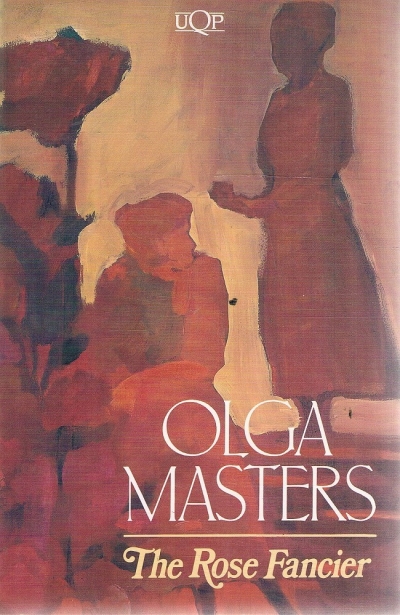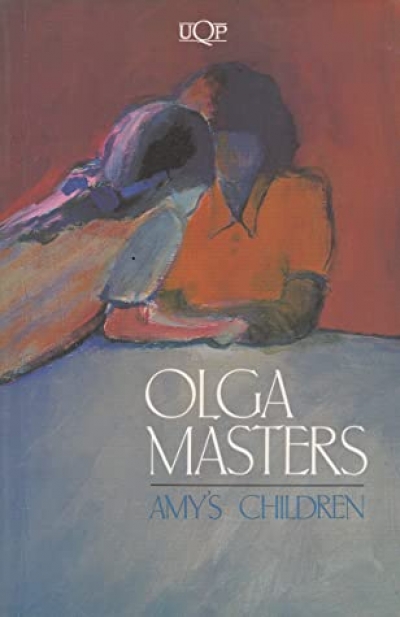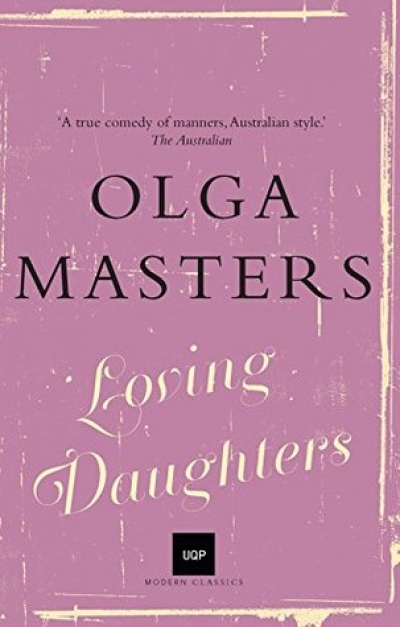Olga Masters
Publishers are like invisible ink. Their imprint is in the mysterious appearance of books on shelves. This explains their obsession with crime novels.
To some authors they appear as good fairies, to others the Brothers Grimm. Publishers can be blamed for pages that fall out (Look ma, a self-exploding paperback!), for a book’s non-appearance at a country town called Ulmere. For appearing too early or too late for review. For a book being reviewed badly, and thus its non-appearance – in shops, newspapers and prized shortlistings.
As an author, it’s good therapy to blame someone and there’s nothing more cleansing than to blame a publisher. I know, because I’ve done it myself. A literary absolution feels good the whole day through.
... (read more)Somewhere between seventy and eighty enthusiasts attended a conference at the University of Wollongong on 10–12 July to celebrate the work of Olga Masters, the award-winning novelist and short story writer who died in 1986. It was not the usual academic conference by anyone’s standards although, as might be expected, some academic papers were given. Interesting and provocative as these were, they were greatly overshadowed by the readings from Masters’s works by two of Olga’s daughters, Sue and Debra, a rehearsed play-reading by Wollongong’s professional theatre company, Theatre South, of Poor Man’s Castle published by Currency, and lively reminiscences of their mother by two of Olga’s sons, Roy and Chris.
... (read more)



